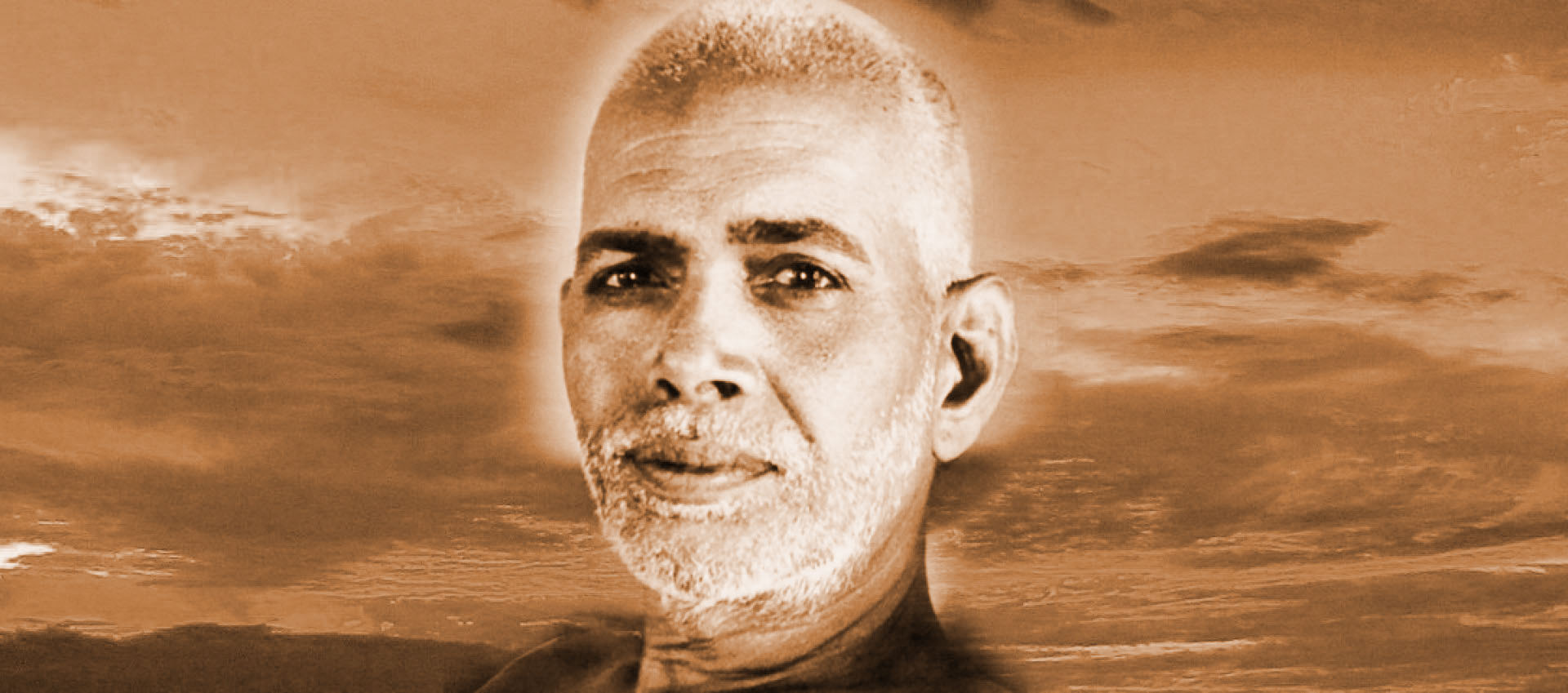
What is Faith? Is God guiding us?
Ramana Maharshi provides insight into Faith.
Extracts from Talks with Ramana Maharshi
~~~~~~~~
Conversation 1:
A visitor asked: Sri Bhagavan said last night that God is guiding us. Then why should we make an effort to do anything?
M.: Who asks you to do so? If there was that faith in the guidance of God this question would not have arisen.
D.: The fact is that God guides us. Then what is the use of these instructions to people?
M.: They are for those who seek instructions. If you are firm in your belief in the guidance of God, stick to it, and do not concern yourself with what happens around you.
Furthermore, there may be happiness or misery. Be equally indifferent to both and abide in the faith of God. That will be so only when one’s faith is strong that God looks after all of us.
Mr. Chopra asked: “How shall I secure that firm faith?”
M.: Exactly. It is for such as these who want instructions, that instructions are provided. There are persons who seek freedom from misery. They are told that God guides all and so there need not be any concern about what happens. If they are of the best type they at once believe it and firmly abide by faith in God.
But there are others who are not so easily convinced of the truth of the bare statement. They ask: “Who is God? What is His nature? Where is He? How can He be realized?” and so on.
In order to satisfy them intellectual discussion is found necessary. Statements are made, their pros and cons are argued, and the truth is thus made clear to the intellect.
When the matter is understood intellectually the earnest seeker begins to apply it practically. He argues at every moment, “For whom are these thoughts? Who am I?” and so forth, until he is well-established in the conviction that a Higher Power guides us. That is firmness of faith. Then all his doubts are cleared and he needs no further instructions.
D.: We also have faith in God.
M.: If it had been firm no questions would have arisen. The person will remain perfectly happy in his Faith in the Omnipotent.
D.: Is the enquiry into the Self the same as the above mentioned faith?
M.: The enquiry into the Self is inclusive of all, faith, devotion, jnana, yoga and all.
~~~~~~~~
Conversation 2:
A visitor asked Sri Bhagavan: People give some names to God and say that the name is sacred and repetitions of the name bestow merit on the individual. Can it be true?
M.: Why not? You bear a name to which you answer. But your body was not born with that name written on it, nor did it say to anyone that it bore such and such a name. And yet a name is given to you and you answer to that name, because you have identified yourself with the name. Therefore the name signifies something and it is not a mere fiction. Similarly, God’s name is effective. Repetition of the name is remembrance of what it signifies. Hence its merit.
But the man did not look satisfied. Finally he wanted to retire and prayed for Sri Bhagavan’s Grace. Sri Bhagavan now asked how mere sounds assuring him of Grace would satisfy him unless he had faith.
~~~~~~~~
Conversation 3:
M.: In the effort to overcome birth and death man looks up to the Supreme Being to save him. Thus are born faith and devotion to the Lord. How to worship Him? The creature is powerless and the Creator is All-powerful. How to approach Him? To entrust oneself to His care is the only thing left for him; total surrender is the only way. Therefore he surrenders himself to God. Surrender consists in (mentally) giving up oneself and one’s possessions to the Lord of Mercy.
~~~~~~~~
Conversation 4:
D.: Is an intellectual understanding of the Truth necessary?
M.: Yes. Otherwise why does not the person realise God or the Self at once, i.e., as soon as he is told that God is all or the Self is all? That shows some wavering on his part. He must argue with himself and gradually convince himself of the Truth before his faith becomes firm.
~~~~~~~~
Conversation 5:
D.: How do all thoughts cease when the mind is in the Heart?
M.: By force of will, with strong faith in the truth of the Master’s teaching to that effect.
D.: What is the good of this process?
M.:
(a) Conquest of the will – development of concentration.
(b) Conquest of passions – development of dispassion.
(c) Increased practice of virtue – (samatva) equality to all.

